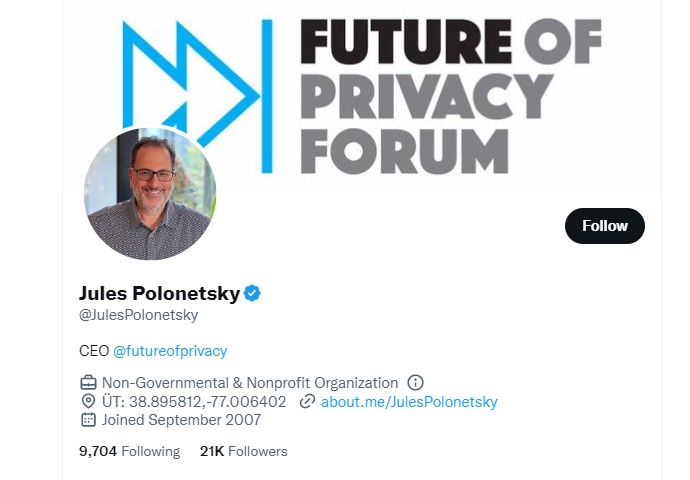How to Choose the Best Blockchain VPN
Choosing the best VPN is crucial for protecting your privacy and security, and it can be tough to do with so many options out there. However, you can narrow down your choice with a little bit of research. This article will help you with that, as we cover a few of the best VPNs for protecting your internet traffic.
CyberGhost
CyberGhost is a virtual private network (VPN) provider that offers users privacy and security. The company's servers are spread across a variety of locations, and it's known for its ease of use and comprehensive feature set.
One of the biggest advantages of CyberGhost is its low cost of entry. On the longest plan, it costs less than $2.50 a month, making it a good option for individuals or small businesses.
CyberGhost also offers a free trial. You can try it out for seven days. If you don't like it, you can cancel your subscription within the first 45 days and get your money back.
The support staff at CyberGhost are friendly and knowledgeable. You can always contact them through the website or through a support-request form. They can also answer questions through live chat.
ExpressVPN
ExpressVPN is one of the fastest VPN services on the market. It offers secure connections with unlimited bandwidth and a 30-day money-back guarantee.
Its servers offer excellent encryption, so your data is safe. ExpressVPN also has leak protection measures built into its apps. This includes DNS leak protection.
ExpressVPN has a wide range of servers located in different countries. For example, there are 30 servers in Asia, as well as more than a dozen in Europe.
ExpressVPN doesn't keep records of your online activity, nor does it collect your browsing history. However, it does collect your IP address.
As such, you may find that you are unable to access certain websites. In such cases, the ExpressVPN app will let you disable specific applications.
NordVPN
NordVPN is one of the best VPN services on the market. It has a number of great features including a kill switch, a dark web monitor, and secure VPN connections.
Its no-logs policy was audited twice. In addition, it has a 30-day money back guarantee. And its customer support is fast and friendly.
Unlike most VPN services, NordVPN is an actual company. It was started in 2012 in Panama and has a full-time staff of employees. They even have a bug bounty program.
The company has a wide range of payment options, including credit cards, prepaid cards, PayPal, and ACH Transfer. For new users, NordVPN offers a seven-day trial. You can also opt to pay for your subscription with a variety of cryptocurrencies.
Sentinel Network
If you're looking for a secure, decentralized VPN protocol, then you should look into Sentinel Network. The protocol allows you to buy and sell bandwidth in a peer-to-peer network. It also offers a full-featured, open-source VPN framework.
With the rise of internet usage, the concept of a VPN has become mainstream. Today, there are almost no spheres of life where people don't have access to the internet. Unfortunately, internet access is not equally distributed, and many countries have implemented content blocking or complete embargoes. In addition, there are nefarious individuals who can falsify bandwidth sold to demand-siders.
In order to provide a decentralized network, Sentinel uses a Proof of Stake (PoS) mechanism. This means that each participant is automatically invested in the network, and receives a reward based on inflation.
CryptoSlate
The best way to find out is to sit down and have a beer or two and read up on the topic. This isn't a slam dunk as I have a couple friends who are eminently scholarly types. My husband is a seasoned grad student in his mid twenties and we have a young lady who is just about to start her career. It's an ideal opportunity to get to know her better.
As I mentioned earlier, I am not a finance whiz but I do have a keen interest in cryptocurrencies and technology. For the purposes of this article, I'm going to focus on cryptocurrencies that may not have an official government license and aren't subject to the usual blacklists. Those include Ripple, Dash, Bitmain, and a few others. Currently, my crypto portfolio stands at about 6% of my net worth.

